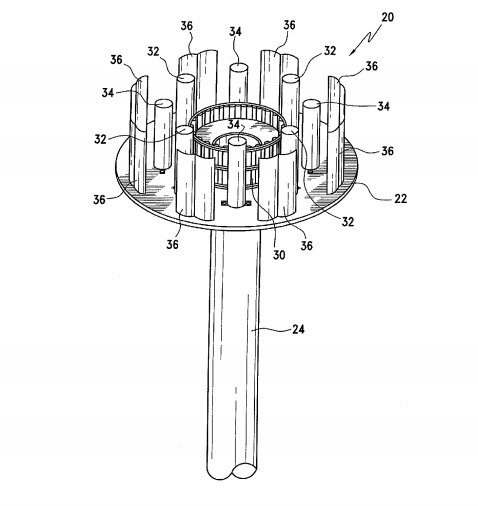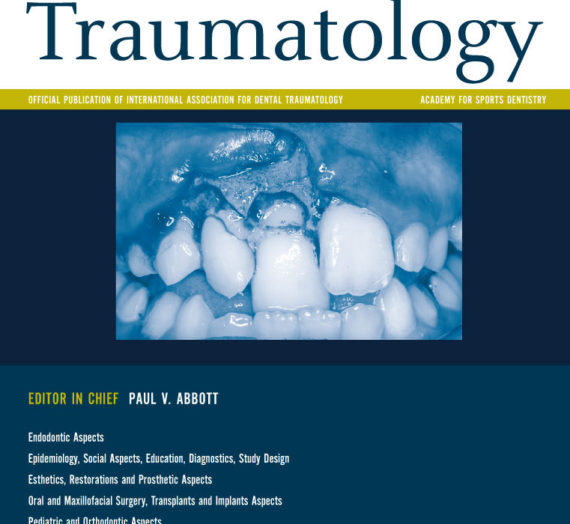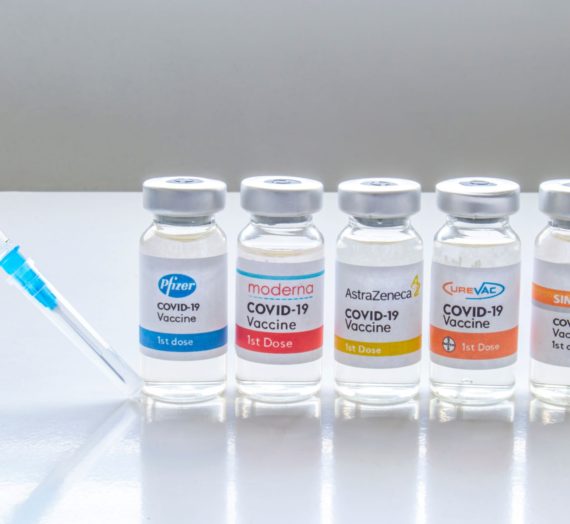Knowledge and Perceptions of COVID-19 Among Health Care Professionals, Medical Students, and Dental Students in the GCC Region: A Cross-Sectional Correlational Study
M. Abdulwahab, M. Kamal, A.M. AlAli, Y.M. Husain, M. Safar
Journal of Multidisciplinary Healthcare
Abstract:
Purpose: The aim of this study was to assess the levels of awareness and knowledge regarding COVID-19 among healthcare professionals and students in Kuwait and the Gulf Cooperation Council (GCC) region. Materials and Methods: An online cross-sectional survey using a previously validated questionnaire was used to assess the awareness and knowledge levels of COVID-19 in this study, which was distributed via various online platforms to include as many participants as possible. The study targeted medical doctors, dentists, medical students, and dental students from the GCC region. Participants were at least 18 years old, voluntarily consented to complete the questionnaire, and were assured that their responses would remain anonymous. Permission was obtained using a previously validated and applied questionnaire to assess their level of awareness and knowledge regarding COVID-19. To compare the proportional responses between groups in descriptive statistics, a proportion Z-test was used to find any significant differences, with a statistical significance set at p < 0.05. Results: A total of 1621 participants responded to our questionnaire. Almost two-thirds of the respondents were female (64.4%), and the majority were less than 25 years old (67.2%). Dentists accounted for 12.6% of the total population, and their clinical experience ranged from 0.25 to 52 years (median: 3 years, IQR: 1– 10 years). Meanwhile, medical doctors accounted for 24.5% of the responses, and their clinical experience ranged from 0 to 50 years (median: 13 years, IQR: 3– 23 years). Among the dental students, 42.3% were in the pre-clinical years, while 57.7% were in the clinical years of study. However, among medical students, 57.5% were in the pre-clinical years, while 42.5% were in the clinical years of study. Conclusion: Our results demonstrated that dental students, medical doctors, and medical students exhibited higher odds of having satisfactory COVID-19 perception scores than dentists.



